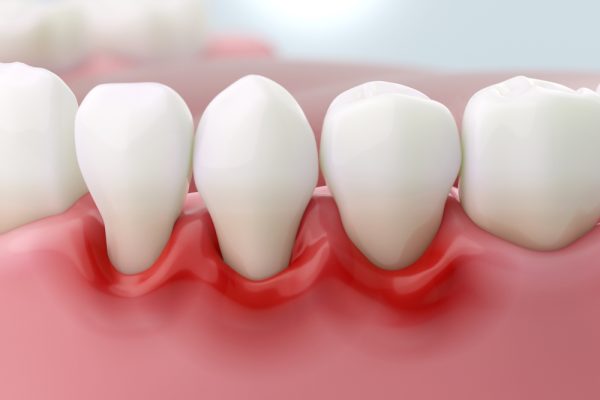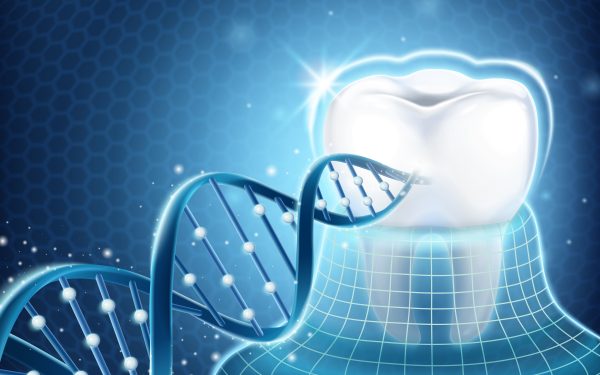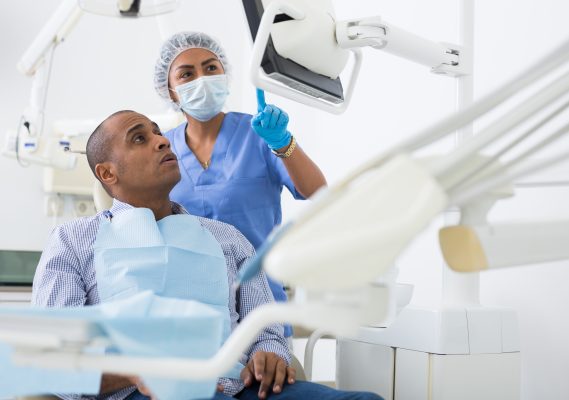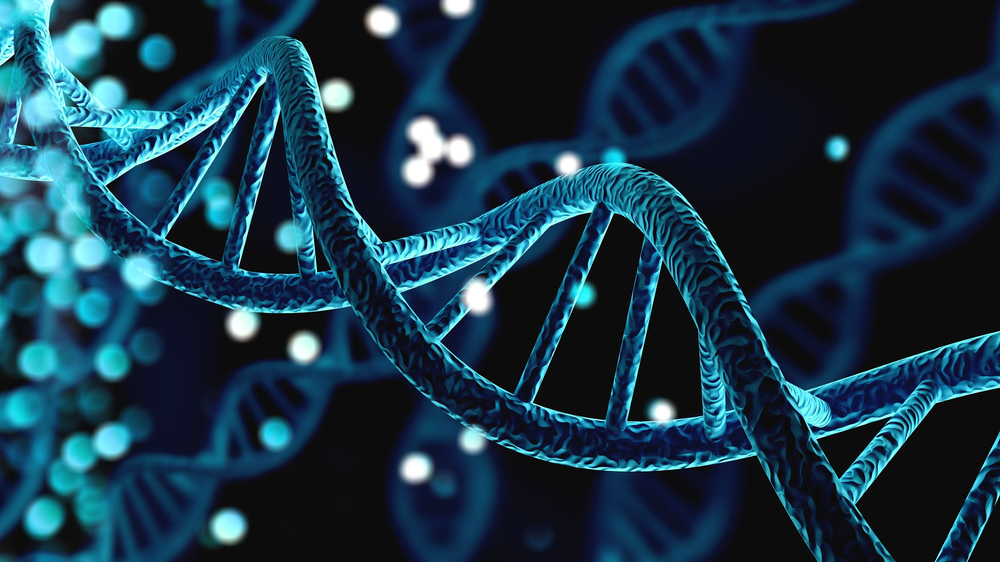What Role Do Your Genes Play When It Comes To Gum Disease?
Periodontal disease, a common but serious gum infection, affects millions of people worldwide. While factors like oral hygiene and lifestyle choices play crucial roles in its development, emerging research highlights the significant impact of genetics on an individual’s susceptibility to this condition.
At Wright Perio & Implants, San Clemente, CA, periodontist, Dr. Raymond Wright, Jr., and his team are at the forefront of incorporating this knowledge into patient care. Learn more about the role genetics can play in your risk for periodontal disease by reading the helpful guide below. You can also call our South Orange County dental practice at (949) 361-4867.
Understanding Periodontal Disease
Periodontal disease, often referred to as gum disease, is an inflammatory condition affecting the tissues surrounding the teeth. It begins with gingivitis, characterized by red, swollen gums that may bleed easily. If left untreated, it can progress to periodontitis, leading to gum recession, bone loss, and potentially tooth loss.
Traditionally, risk factors for periodontal disease have included poor oral hygiene, smoking, diabetes, and certain medications. However, research has shown that even with excellent oral care, some individuals are more prone to developing gum disease than others. This observation led scientists to explore the genetic components of periodontal disease susceptibility.
The Genetic Link to Periodontal Disease
Studies on twins and families have revealed a strong genetic component in periodontal disease, with heritability estimates ranging from 30 percent to 50 percent. This means that a significant portion of an individual’s risk for developing periodontal disease can be attributed to their genetic makeup.
Key Genetic Variations Associated with Periodontal Disease
Interleukin-1 (IL-1) Gene Polymorphisms
Interleukin-1 is a crucial inflammatory mediator in the body’s immune response. Certain variations in the IL-1 gene cluster can lead to an overproduction of this protein, resulting in an exaggerated inflammatory response. This heightened inflammation can cause more severe tissue damage in the gums and supporting structures of the teeth, increasing the risk of periodontitis.
Tumor Necrosis Factor-α (TNF-α) Gene Variations
TNF-α is another important inflammatory cytokine. Specific polymorphisms in the TNF-α gene, particularly the -308G/A variation, have been associated with an increased risk of both aggressive and chronic periodontitis. This association is especially notable in Asian and Caucasian populations. These genetic variations may lead to altered TNF-α production, affecting the inflammatory response in periodontal tissues.
Fc-γ Receptor Gene Polymorphisms
Fc-γ receptors are proteins found on the surface of immune cells that help recognize and bind to antibodies. Variations in these genes can affect how effectively the immune system responds to periodontal pathogens. For example, certain polymorphisms may result in a decreased ability to clear bacteria from the periodontal tissues, potentially leading to more severe disease.
Other Genetic Markers
Ongoing research continues to uncover additional genetic factors that may influence periodontal disease risk:
- Interleukin-6 (IL-6): Some studies suggest that IL-6 gene polymorphisms may have a protective function in periodontal inflammation.
- Interleukin-10 (IL-10): Variations in this anti-inflammatory cytokine gene may affect auto-antibody production, potentially influencing periodontal disease susceptibility.
- Matrix Metalloproteinases (MMPs): These enzymes are involved in tissue remodeling, and certain genetic variations may affect their activity in periodontal tissues.
Gene-Environment Interactions
It’s important to note that having a genetic predisposition doesn’t guarantee the development of periodontal disease. Environmental factors and lifestyle choices interact with genetic factors to influence disease onset and progression. For example, individuals with certain IL-1 gene variations may have an even higher risk of periodontal disease if they smoke.
Implications for Prevention and Treatment
Understanding the genetic basis of periodontal disease opens up new possibilities for prevention and treatment:
- Personalized Risk Assessment: Genetic testing may help identify individuals at higher risk for periodontal disease, allowing for more targeted preventive measures.
- Tailored Treatment Plans: Knowledge of a patient’s genetic profile could inform treatment decisions, potentially leading to more effective, personalized care strategies.
- Future Interventions: Research into the genetic aspects of periodontal disease may pave the way for gene therapies or treatments that target specific genetic pathways involved in the disease process.
Learn More About Your Genetic Risk for Gum Disease, Call Now!
The role of genetics in periodontal disease susceptibility is a fascinating and rapidly developing area of research. At Wright Perio & Implants, we’re committed to staying at the forefront of these advancements to provide our patients with the most comprehensive and personalized care possible.
While we can’t change our genetic makeup, understanding our genetic predispositions can empower us to take proactive steps in maintaining our periodontal health. Regular dental check-ups, excellent oral hygiene, and a healthy lifestyle remain crucial in preventing and managing periodontal disease, regardless of genetic factors.
For more information on periodontal health and cutting-edge treatments, contact Wright Perio & Implants in San Clemente, CA. Call us at (949) 361-4867 to schedule your consultation today. Remember, your genes may load the gun, but your lifestyle pulls the trigger. Take control of your periodontal health today!

